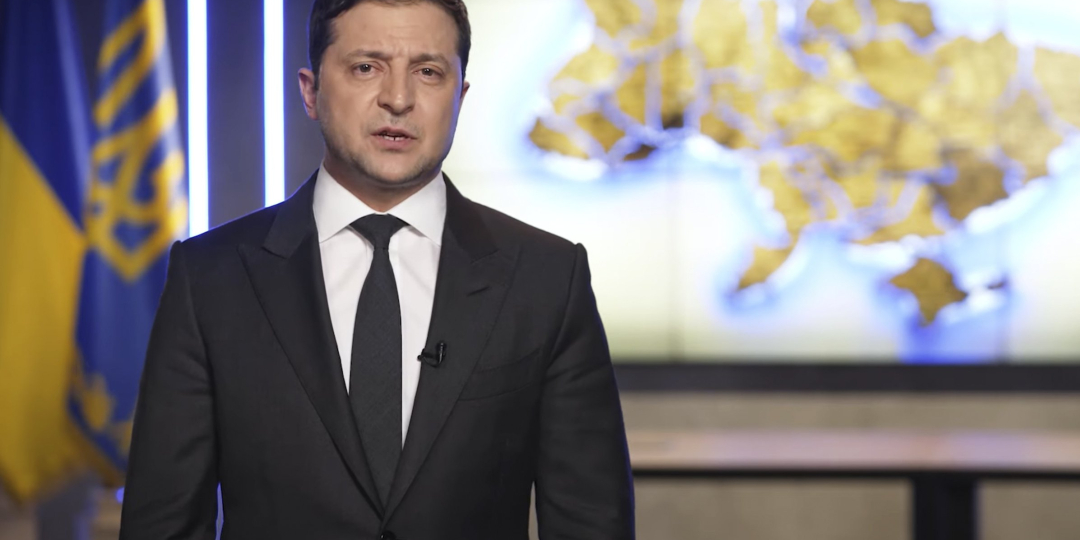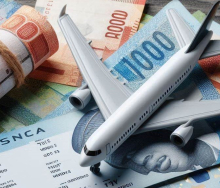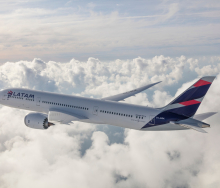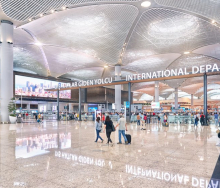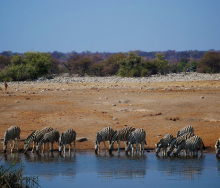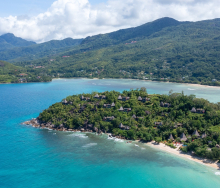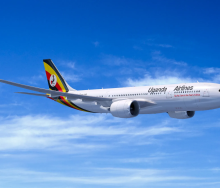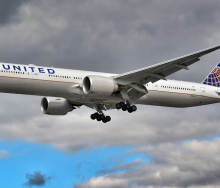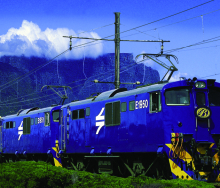Question-marks over the safety of airspace in the region, the suspension of tours, an immediate jump in oil prices followed by a likely upward trend for some time to come – these are just some of the ripple effects felt by travel businesses in the region and globally since Russia’s military action against Ukraine started.
Last week, Airlink CEO and MD, Rodger Foster, said the price of oil had immediately gone up and agreed that there could be more ripple effects felt in southern Africa because of the region’s reliance on Ukraine and Russia for grain imports. He said airlines had received demand shock after demand shock. “The situation in Ukraine is the newest one. What is going to happen with global demand? Are people going to hold back on travel?”
Kelly Jackson, MD of The Travel Corporation (TTC) in South Africa said the operator, like other travel companies, was keeping an eye on the situation. “We are closely monitoring the Russia-Ukraine conflict. As always, the welfare and well-being of our guests and team members are our top priority. TTC does not have any tours operating in the affected areas right now, and all our European tours are operating normally. Anyone booked to travel to Russia in 2022 will hear from us directly about their options for rescheduling or alternative travel destinations.”
Some leisure retailers told Travel News it was too early to tell whether there would be an impact on demand for travel to Europe. However, Garth Wolff, CEO of eTravel, viewed the threat of nuclear action as a serious cause for concern.
Wolff has a deep interest and understanding of economics and finance, and offered a big-picture view of the situation: “Things are currently localised within the Ukraine/Russia area. But that could change very quickly.” Wolff does not expect travel to Europe to be affected much in the short term, but, with a caveat. “The problem is, we are dealing with a loose cannon (Putin), and if his threats are real, this could escalate beyond anyone’s imagination. The threats of nuclear action must not be taken lightly and if this does escalate, then travel will be severely affected.”
“Right now, however, I feel that if this war remains ‘local’ we may see many Europeans returning to South Africa than otherwise would have been the case, as they may think flying to Poland is more risky than flying to southern Africa. We need to know that everything could change with the push of a button though.”
What does the situation mean for airlines? Global aviation research company, OAG, which also monitors changes to flight schedules and border closures, said Russian flag carrier, Aeroflot, faced serious losses as it was now banned by many countries. Its bookability has also been removed from the three major western GDS systems, Amadeus, Sabre and Travelport.
OAG also observed that Russia’s decision to ban foreign carriers from overflying Russian skies was not normally seen when events like this occurred and said that the order would mean a longer journey for passengers whose flights were forced to change course.
Analysts at international travel platform, Skift, said: “So long as Russia continues to wage war, there’s no rush for tour operators to make immediate plans to return.” Travel agents can read Skift’s coverage of the war in Ukraine so far free: https://skift.com/tag/ukraine/.

